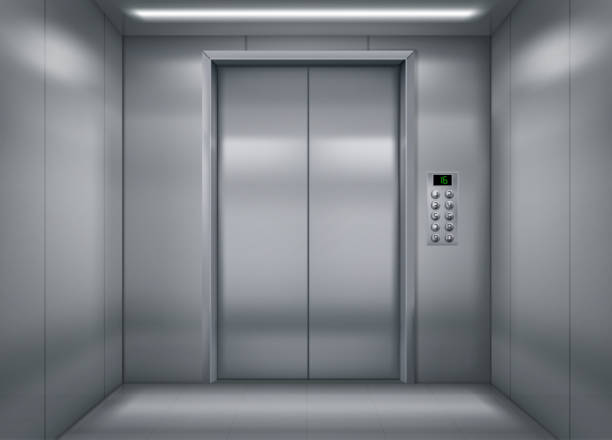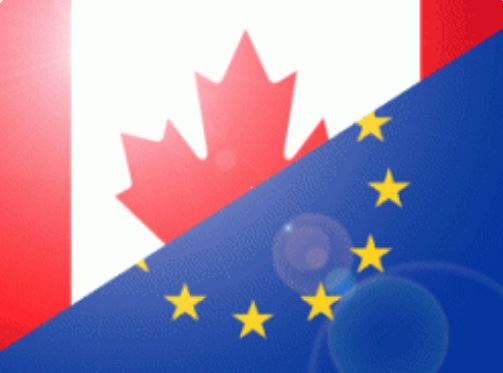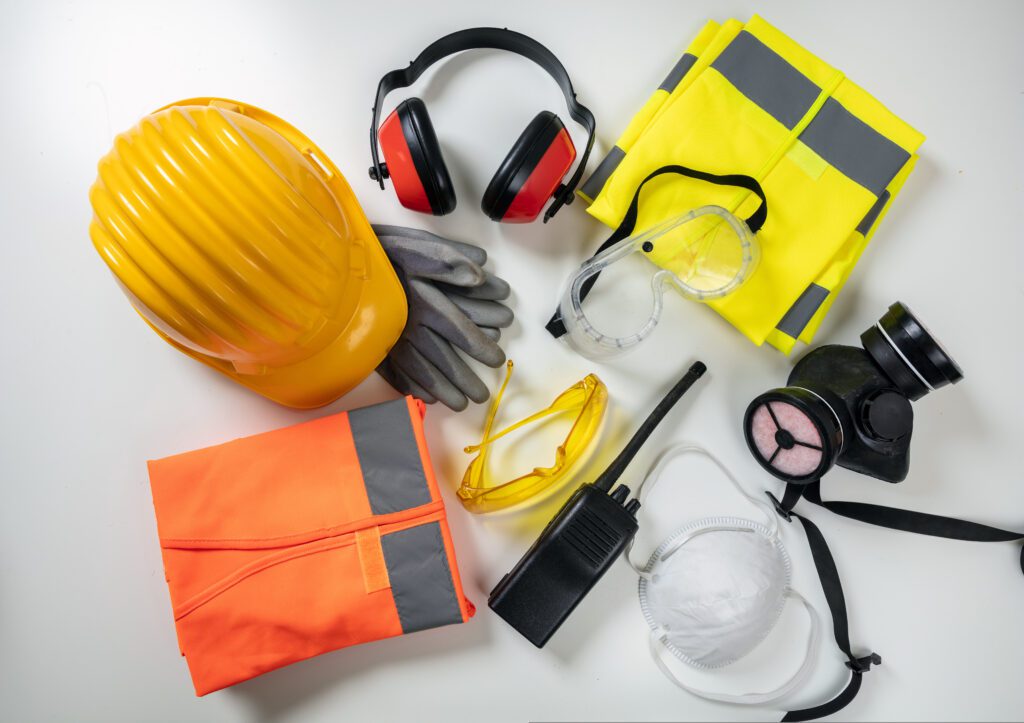The Measuring Instruments Directive 2014/32/EU

The Measuring Instruments Directive 2014/32/EU
The Measuring Instruments Directive (hereafter ‘the Directive’) establishes the requirements that measuring instruments have to satisfy with a view to their being made available on the market and/or put into use.
Scope
The Directive applies to the following measuring instruments. Water meters, gas meters and volume conversion devices, active electrical meters, thermal energy meters, measuring systems for the continuous and dynamic measurement of quantities of liquids other than water, automatic weighing systems, taximeters, material measures, dimensional measuring instruments and exhaust gas analysers.
The definition of a measuring instrument is any device or system with a measurement function which is covered by the above mentioned measuring instruments.
Essential requirements
Measuring instruments must meet the essential requirements regarding:
- Allowable errors;
- The application of the same measurand in a different location or by a different user, all other conditions being the same, must result in the close agreement of successive measurements. The difference between the measurement results must be small when compared with the maximum permissible error;
- The application of the same measurand under the same conditions of measurement must result in the close agreement of successive measurements. The difference between the measurement results must be small when compared with the maximum permissible error;
- Discrimination and sensitivity. A measuring instrument shall be sufficiently sensitive and the discrimination threshold must be sufficiently low for the intended measurement task;
- A measuring instrument must be designed to maintain an adequate stability of its metrological characteristics over a period of time estimated by the manufacturer, provided that it is properly installed, maintained and used according to the manufacturer’s instruction when in the environmental conditions for which it is intended;
- A measuring instrument must be designed to reduce as far as possible the effect of a defect that would lead to an inaccurate measurement result, unless the presence of such a defect is obvious;
- The measuring instrument must be suitable for the intended use;
- Protection against corruption. The metrological characteristics of a measuring instrument must not be influenced in any inadmissible way by the connection to it of another device, by any feature of the connected device itself or by any remote device that communicates with the measuring instrument;
- Information to be borne by and to accompany the instrument;
- Indication of result. Indication of the result shall be by means of a display or hard copy;
- Further processing of data to conclude the trading transaction;
- Conformity evaluation. A measuring instrument must be designed so as to allow ready evaluation of its conformity with the appropriate requirements of this Directive.
In addition to the essential requirements, the measuring instruments also need to comply to the relevant instrument-specific annexes of the Directive.
Obligations of manufacturer
The manufacturer can choose which conformity assessment procedure he wants to follow. The conformity procedures from which the manufacturer can choose are listed in the relevant instrument-specific annexes of the Directive.
For each instrument-specific annex (e.g. exhaust gas analysers or taximeters) there are different conformity assessment procedures to choose from.
Technical Documentation
The technical documentation shall render the design, manufacture and operation of the measuring instrument intelligible and shall permit an assessment of its conformity with the applicable requirements of the Directive.
The technical documentation shall insofar as relevant for assessment and identification of the type and/or the measuring instrument include the following information:
- A general description of the measuring instrument;
- Conceptual design and manufacturing drawings and plans of components, sub-assemblies, circuits, etc.;
- Manufacturing procedures to ensure consistent production;
- If applicable, a description of the electronic devices with drawings, diagrams, flow diagrams of the logic and general software information explaining their characteristics and operation;
- Descriptions and explanations necessary for the understanding of the information mentioned above;
- A list of the harmonized standards and/or normative documents, applied in full or in part, the references of which have been published in the Official Journal of the European Union;
- Descriptions of the solutions adopted to meet the essential requirements where the harmonized standards and/or normative documents have not been applied, including a list of other relevant technical specifications applied;
- Results of design calculations, examinations, etc.;
- The appropriate test results, where necessary, to demonstrate that the type and/or the measuring instruments comply with the following:
- The requirements of the Directive under declared rated operating conditions and under specified environmental disturbances,
- The durability specifications for gas-, water-, thermal energy-meters as well as for liquids other than water;
- The EU-type examination certificates or EU design examination certificates in respect of measuring instruments containing parts identical to those in the design.
Application
The European Union Member States shall adopt, publish and apply the laws, regulations and administrative provisions necessary to comply with the new Measuring Instruments Directive from 20 April 2016.
Find More Insights

Construction Products Regulation 2013

The lifts and safety components of lifts Directive 2014/33/EU

CETA, Trade agreement between the EU and Canada

Personal Protective Equipment (PPE) Regulation EU 2016/425

Full-service product compliance
Leave it to us.
